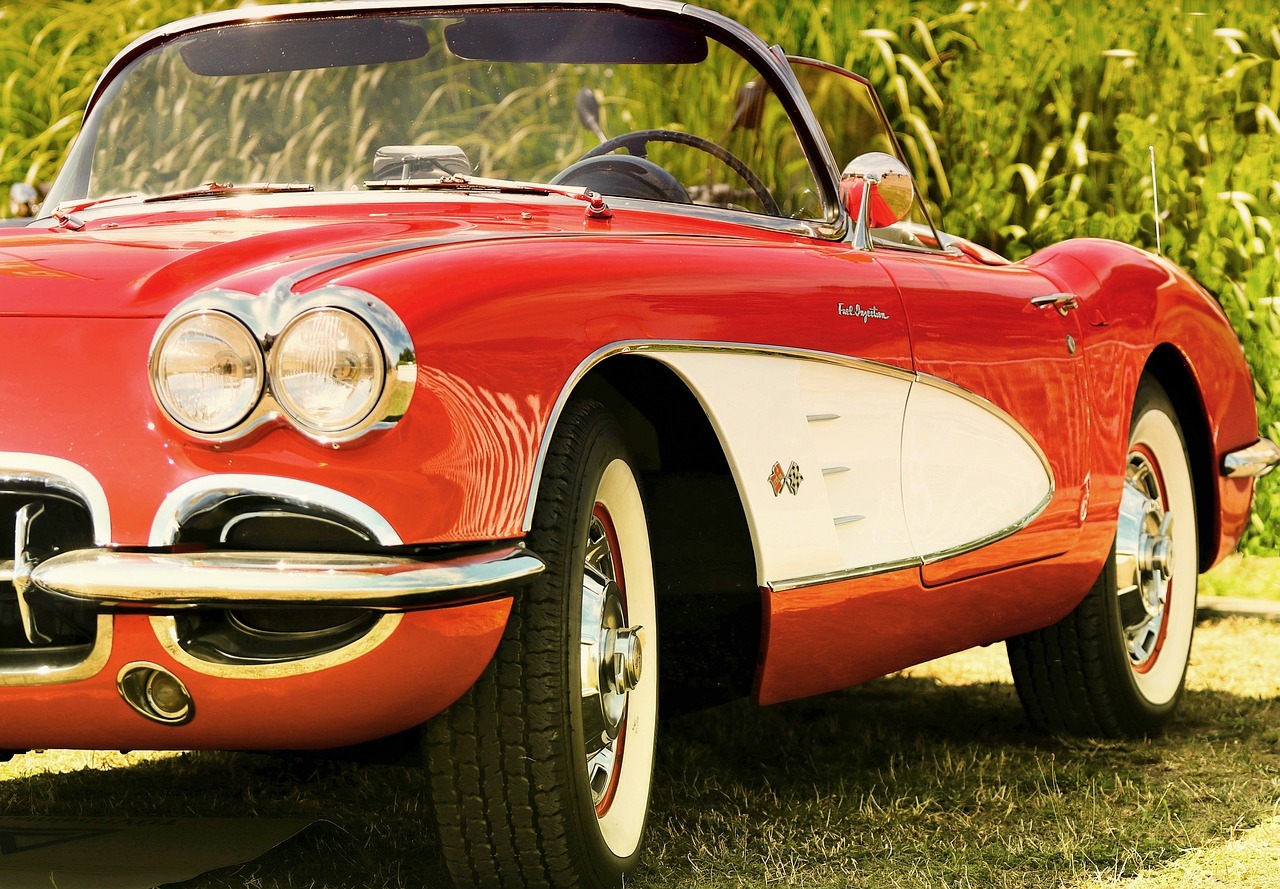Whether buying an early first-generation Corvette (1953-’61, or C1) or a late third-generation Corvette (68-’82, or C3), there are fundamental elements to carefully explore and consider before committing to the purchase. This guide from Top Flight Automotive will help you make the right decision.
Thorough inspections are a must for any prospective buyer. Inspecting the lengths of fiberglass used to hold body panels together is essential, too.
Know What You Want
Whether you are buying a classic Corvette as an investment or to drive, you must make sure you know what you want from this car. Each generation has unique aspects, and finding the right one can be challenging.
For example, you may look for a low mileage, immaculately maintained vehicle or a restored classic. Classic cars require a lot of maintenance, so consider how you will use the vehicle before acquiring it.
It’s also worth noting that classic Corvettes only have two seats, so they aren’t the best option for families. Additionally, you’ll need to inspect the body for severe rust and rot before you purchase.
Know What You Can Afford
A classic Corvette is bound to turn heads and leave your fellow drivers in envy, but a classic doesn’t have to cost you the earth. Look for “drivers” rather than “Concours cars.”
This will give you a taste of the classic Corvette lifestyle without blowing your whole bank account. Regardless of what generation or year you decide to purchase, always have the car inspected by a professional before handing over any cash.
Some perspective owners may modify their classics, which is fine and doesn’t affect their value. However, be careful not to take things too far and drive the vehicle unsafe for driving. A low ride height, for example, could damage your wheels if you bump into anything at speed.
Know Your Limits
Classic corvettes for sale are costly, and you may need help finding one within your budget. Be sure to account for additional expenses like storage and maintenance.
A Corvette’s condition can significantly impact its value, so be careful when shopping around. Look for signs of corrosion or body damage, such as rust in the frame. Check the engine to see if it’s original. If not, it might be worth looking for another car.
Corvettes are typically not people’s primary cars; many owners keep them in their garages or covered up for most of the year. That means fewer miles on the vehicle, which can reduce wear and tear. This may also lower the cost of insurance, though individual policies can vary.
Know Your Reputation
Corvettes are a lot of fun. Researching them, shopping for them, owning them, driving them, and even showing them is a great time. But if you’re looking for a quick ROI, you may be better off with an investment property.
A classic car is not a “daily driver.” Most collectors store their vehicles away from November to April and drive them only on nice weekends when they can get out and enjoy the open road. This is a lot of wear and tear on an older car.
So if you’re looking for an investment, check the condition thoroughly and ask the seller or dealer for maintenance records. And feel free to walk away if the car doesn’t meet your standards.
Know Your Options
Corvettes can be a rewarding hobby, but you must ensure your chosen model suits you. For instance, older models may be more expensive to maintain and restore, while newer generations may offer more advanced features. Taking the car on a test drive is also essential to ensure everything works properly. For example, a cooling system that’s gummed up can cost a lot to fix.
If you plan to compete at car shows, an original numbers-matching Corvette might be a better option. Still, if your goal is to enjoy the weekend drives, it’s worth considering a more advanced model that will still deliver outstanding performance. You’ll get more value for your money and have an enjoyable hobby to keep you busy for years.

